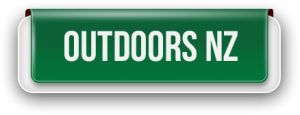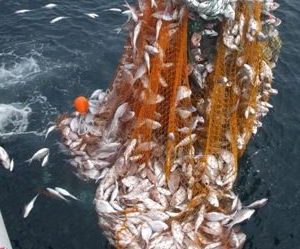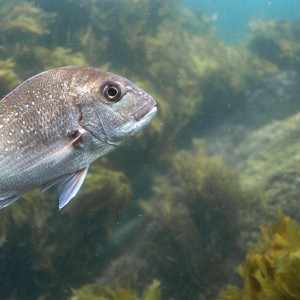LegaSea asked the New Zealand Outdoors Party to provide comment on their party’s fisheries policy. The New Zealand Outdoors Party provided this summary.
Marine Fisheries Policy – The Situation
Depletion of our inshore fisheries affects both the marine environment and the people who rely on the sea for fishing, for their livelihoods, leisure and sustenance.
Restoring depleted fish stocks to international best practice standards would mean more fish in the water and a more resilient marine environment.
For a fishery such as snapper this best practice standard is defined as at least 40% of the original stock size that existed in the absence of fishing. This is commonly referred to as B40. For slower growing species the standard is higher i.e. B50 or B60.

We want our fisheries to be managed at B40 as a minimum. The Outdoors Party Policy will work with Ministry officials and the commercial sector to commit to restoring abundance to this level. Rebuilding fish stocks requires that less fish are killed each year. The upside is that once the target of B40 is reached more fish will be able to be taken without depleting the stock below 40%.
The current system is failing everyone, apart from those who make money from leasing quota and selling fish.
What This Means For You
Managing our fisheries towards depletion is having drastic effects on our ocean’s ecosystem. We need to rebuild our fisheries. That means changing policies so that management moves away from taking as much as we can without tipping over the edge, and instead focus on managing for abundance and sustainability.
To achieve this we need policies to change, from maintaining the status quo and instead applying strategies that:
We need to adopt a modern “ecosystem wide” approach to management, one that takes into account the interdependence of different species, our impacts and the effects of terrestrial based activities. After all, fish don’t live in isolation and neither do we.
The NZ Outdoors Party will implement the following policies:
Policy 1: Stop the senseless waste: Create an inshore coastal zone where industrial fishing methods such as trawling, seining and dredging are banned until better selectivity, less benthic damage and reduced wastage can be demonstrated.
Policy 2: Review the Quota Management System – redefine the purpose of fisheries development and establish institutions and instruments that achieve the environmental, economic, social and cultural benefits due to all New Zealanders from the use of our natural marine resources.
Policy 3: Prioritise recreational fishing interests over commercial ones for fish stocks below target biomass levels.
Policy 4: Remove industrial fishing methods such as trawling, Danish seining and dredging from the inshore zone.
Policy 5: Establish a Ministry of Fisheries.
Policy 6: Amend the Fisheries Act to remove “maximum sustainable yield” as the management benchmark and replace it with a minimum 50% of the unfished biomass.





